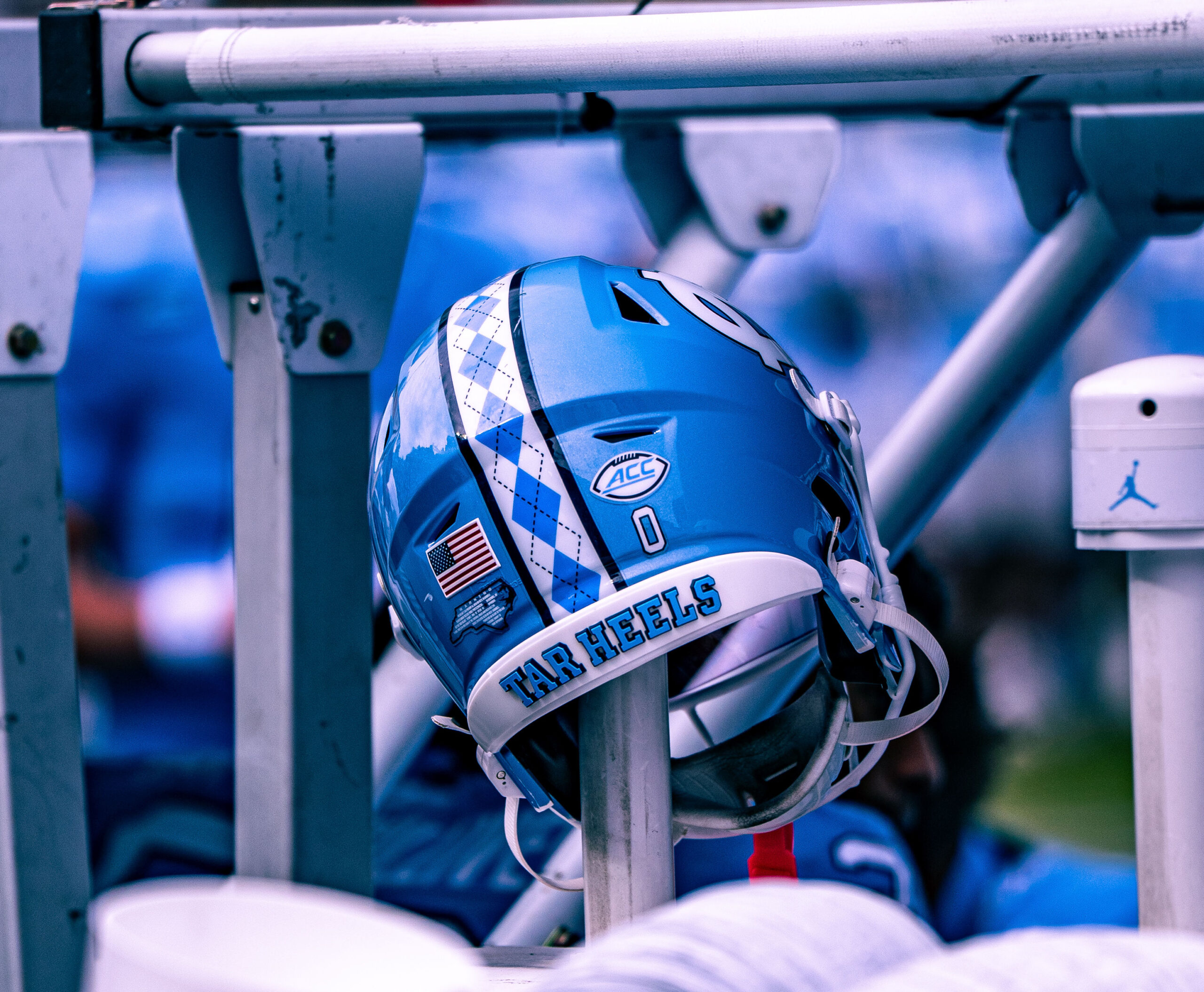A noted author and environmentalist will hold a reading Tuesday night on the UNC Campus.
Terry Tempest Williams is an author, environmentalist, and activist. She is also the 2015 Distinguished Writer-in-Residence at UNC.
Williams says, coming from the Western United States, North Carolina is a blast of nature.
“From the mountains, to the piedmont, to the coast, I don’t know of any state that has kind of stratigraphy of change,” she says. “I have such respect for the history that is here, the arts, [and] the music. I think it’s just a stunning place.
“And as a Westerner, it’s just extremely exotic. Seeing the dogwood, the forsythia, this is like going to Eden.”
Among the issues Williams says she holds near and dear to her heart is the accessibility of clean drinking water. She says she was thrilled to hear about UNC’s “Water in Our World” campaign.
“You hear the adage, ‘you don’t talk about politics or religion.’ In the West, you don’t talk about water,” she says. “It’s that controversial, and it’s that essential.”
Williams speaks not only of clean drinking water globally, but also domestically where she says she has seen fracking leave behind a trail of contaminated water.
“Coming from a state, and a neighboring state of Wyoming, where fracking has been going on for a long time, I can tell you the consequences are not pretty,” she says. “I know that it’s about jobs, and economies, and cheap energy. But the fact is there’s a town in Wyoming called Pavillion, and the simple story is this – they can no longer drink their water.”
Williams was a panelist on Monday afternoon for a discussion on the future of water in our world. She says conversation is a key to solving major problems we face as a society.
“I think that we are so polarized, that we have stopped listening to one another,” she says. “I think that if we can really have those hard conversations; look each other in the eye and say, ‘What concerns you? What do you care about? What binds us together?’ rather than what tears us apart.
“Then I think we can come to those essential facts that without water we do not exist.”
Williams will also hold a reading at 7:30 Tuesday evening in the auditorium of the Genome Sciences Building.
“I get nervous even thinking about it,” she says. “I will be reading new work about America’s national parks.”
The reading is free and open to the public.
Finally, Williams will be part of a panel discussing the role of naturalist in a world of environmental threats at 3:30 Wednesday afternoon. That panel will meet in Donovan Lounge.
Related Stories
‹

Several UNC Football Stars Will Return to Chapel Hill in 2026. Here's the Full List.In an era of unrestricted player movement in college football, teams are undergoing radical changes every offseason. Take UNC before the 2025 season, when the Tar Heels upended their roster and brought in 70 new players. This offseason, there is only one transfer portal window, between Jan. 2 and Jan. 16. More than two dozen […]

Kelly's Career Night Leads UNC Women's Basketball Past MiamiJunior guard Reniya Kelly scored a career-high 24 points to help UNC overcome a halftime deficit and beat visiting Miami 73-62 at Carmichael Arena Thursday night. CROWN HER 👑 A career-high 24 points for Reniya! pic.twitter.com/8ryipYktI7 — Carolina Women's Basketball (@uncwbb) January 16, 2026 Kelly’s outburst came after the junior from Alabama hadn’t reached double […]

UNC Men's Basketball at Cal (2026): How to Watch, Cord-Cutting Options and Tip-Off TimeUNC will wrap up its west coast swing Saturday when it visits Cal in Berkeley. It will be only the second time the Tar Heels have visited the Bears’ Haas Pavilion. If you aren’t out in California with the team, here’s how you can follow along at home: Broadcast Schedule Those hoping to listen on […]

John Preyer Resigns from UNC Board of TrusteesJohn Preyer, who has served on the UNC Board of Trustees for more than six years and was formerly its chair, has resigned from his position. According to documents obtained by Chapelboro, Preyer notified UNC Secretary Chris McClure of his resignation, effective Jan. 9, in a letter last week. He then sent an email to […]

Chansky's Notebook: Unlikely LosingWith the ACC much stronger than last season, close games and losing is inevitable, but not the way UNC has been doing it.

UNC Men's Basketball Collapses Late in Loss at StanfordStanford finished the game on an 11-3 run to overcome a late deficit and stun UNC 95-90 at Maples Pavilion Wednesday night. UNC had led for almost the entire game thanks to strong efforts from Caleb Wilson and Henri Veesaar, who both finished the night with 26 points. But they were outgunned by sensational Stanford […]

UNC Baseball Announces $9 Million Gift from Anonymous DonorThe UNC baseball program has announced a $9 million gift from an anonymous donor made through The Rams Club. The gift will go toward the program’s operating endowment, and the donor will match gifts from other fans and supporters to grow the endowment to $25 million. “We are incredibly humbled and grateful for this incredible […]

Chansky's Notebook: On the CoastArt Chansky discusses the changing nature of college basketball as both UNC and Duke begin west coast swings in California tonight.

'The Basket's Still the Same Height': Hubert Davis Downplays Effects of UNC's California TripThe UNC men’s basketball game at Stanford Wednesday night will set a record for the longest distance traveled by the Tar Heels to play an Atlantic Coast Conference contest. From the Dean Smith Center to the Cardinal’s Maples Pavilion, the team’s journey will take it 2,788 miles from sea to shining sea. That seemingly unbreakable […]

College Football's Transfer Portal Is Open. Which Tar Heels Have Entered?The college football transfer portal opened Friday, Jan. 2 and will close at 11:59 p.m. on Friday, Jan. 16. It will be the only transfer portal window of the year for college football, as the NCAA moved to eliminate the spring transfer window earlier this year. Players do not have to have committed to and […]
›











